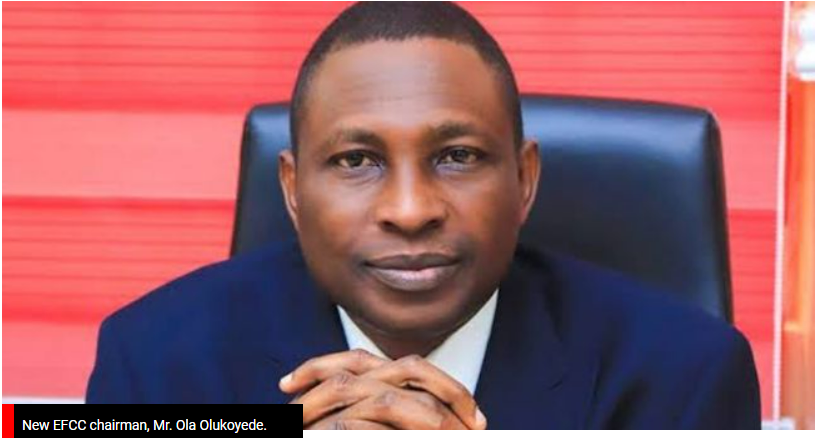The Economic and Financial Crimes Commission, EFCC, yesterday, alleged that foreign missions based in Nigeria use third parties to transact in foreign currencies.
EFCC’s acting Director of Public Affairs, Wilson Uwujaren, disclosed this in an interview on Arise Television.
On May 11, a report showed that EFCC sent an advisory letter, titled ”EFCC Advisory to Foreign Missions against Invoicing in US Dollar,” to Yusuf Tuggar, Minister of Foreign Affairs.
According to the report, EFCC banned foreign missions in Nigeria from transacting in foreign currencies and mandated the use of naira in their financial businesses.
Reacting to the report yesterday, Uwujaren said it was not the place of the EFCC to ban or direct foreign missions in the manner or way they handled their finances as against alarming headlines in the news.
He said it was against the law for foreign missions based in Nigeria to transact in foreign currencies, hence, the commission’s mandate on using the naira in financial businesses.
“We recognize as a commission that foreign missions are representatives of their home countries, enjoy certain diplomatic privileges by international law. The commission is not a place to want to interfere with some of the privileges that they enjoy under international law,” he said.
“It is not within the remit of the EFCC to either ban or direct foreign missions in the manner or the way they handle their finances.
“What happened is that the commission over time, observed that a number of the foreign missions by the manner in which they handled consular services, a number of them have engaged third parties to carry out consular services on their behalf and those third parties have been invoicing in dollars.
“Some even went to the ridiculous extent of determining the exchange rate or the naira in the course of the transaction with Nigerians and some foreign nationals based in Nigeria.
“We thought that that practice conflicted with extant laws and regulations in Nigeria, and we felt compelled to bring this practice to the knowledge of the missions through the Ministry of Foreign Affairs.”
Uwujaren further clarified that the EFCC never wrote any letter to any foreign mission in Nigeria.
“The advisory that we issued was to the ministry of foreign affairs, and what we did was essentially to bring this practice which we believe conflicts with Section 20, subsection 1 of the Central Bank of Nigeria act, that section of recipient Act makes the naira the only legal tender in Nigeria, which presupposes that is the only acceptable currency for doing business within the borders of our country,” he added.
Speaking on whether the ministry had responded to the letter, Uwujaren said the foreign affairs ministry has the protocol of engaging with foreign missions in Nigeria and within their competence to determine how to transmit the information to the various missions in Nigeria.
“Essentially, our focus is to discourage the dollarization of transactions within the local Nigerian economy,” he said.
vanguardngr.com

